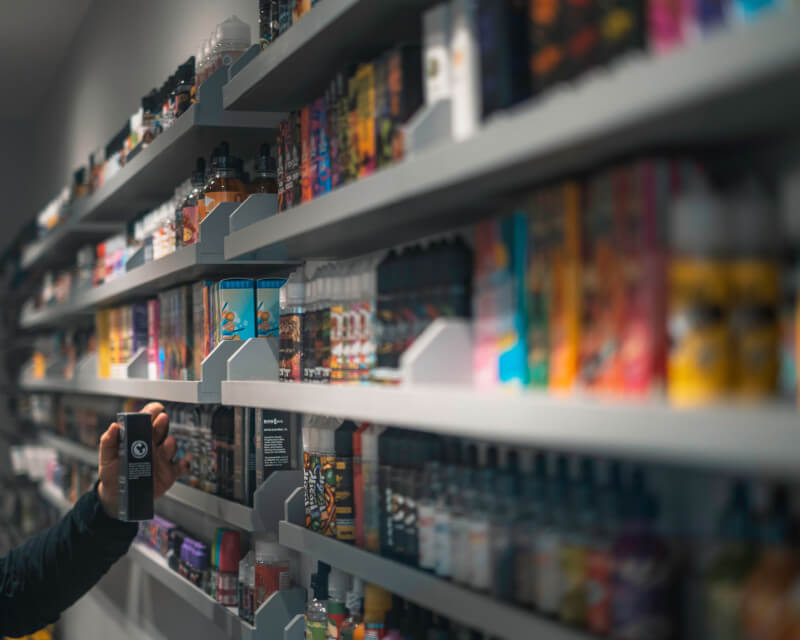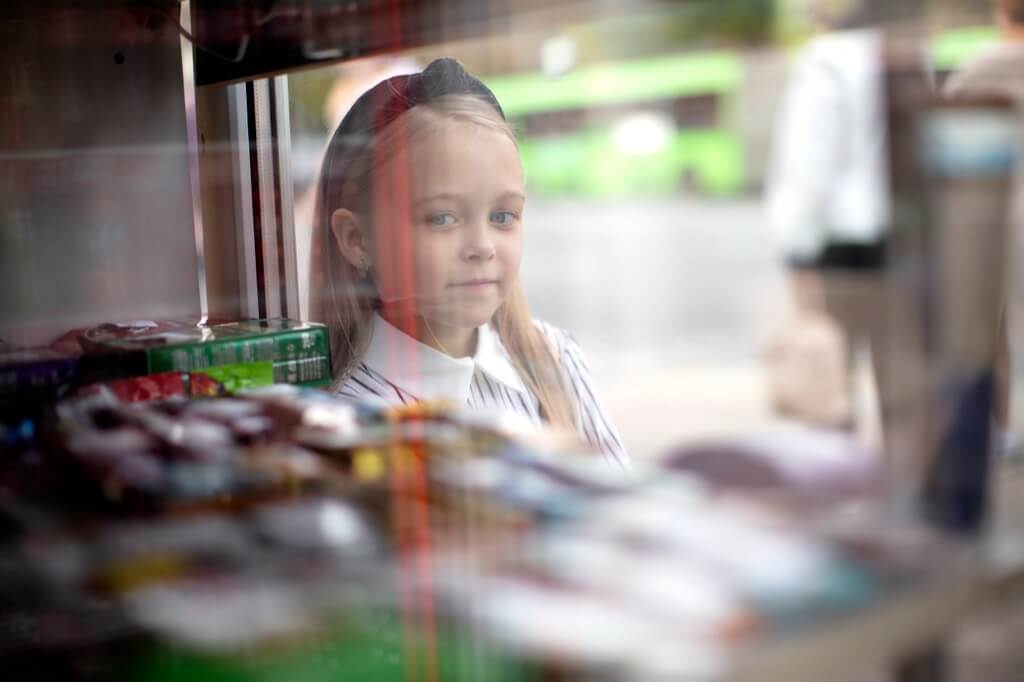Governments levy excise taxes on items like alcohol and tobacco throughout the world to curb their consumption. For the same reason, the government of South Africa has imposed a tax on vaping items. There is mounting evidence that vaping products are harmful, so efforts to curb demand are warranted.
Both vaping industry manufacturers and advocacy groups are fuming about the new tax. The vaping community maintains that electronic cigarettes are safer than tobacco cigarettes. Another argument is that the fee will encourage the growth of a black market, cause people to return to smoking traditional cigarettes, and have little effect on preventing young people from trying out e-cigarettes.
The industry estimates the excise tax will raise the retail price of electronic cigarettes by more than 100 percent in one article. The selling price, according to another story, will climb by 217 percent.
This essay examines claims of a price increase and the efficacy of the excise tax regime on vaping goods, drawing on the work of our institution’s Research Unit on the Economics of Excisable Goods. Since the government has previously reacted to several of the industry’s claims, we will not investigate the remaining ones.
Our analysis leads us to the conclusion that the vaping tax is ineffective because it is not designed to discourage young people from using vaping devices. To avoid paying as much in taxes, new vapers often choose disposable vapes. The excise tax as it is now is not well designed to reduce or prevent youth use of vaping items.
The Addiction Crisis Among Young People
Disposable vapes, which are closed devices discarded as the juice is used up, have gained popularity among young people. Rather than quitting traditional cigarettes in favour of vaping, these young people are starting a habit that might last a lifetime. Despite assurances to the contrary, the vaping business continues to target minors.
In 2022, researchers from the University of Cape Town studied nine schools across three provinces in South Africa. Fifteen percent of the 5,583 high school students who filled out the poll reported using a vaping device. Students in high school (27%) and junior high school (17%) have it more frequently.
Given that vaping devices are targeted at young people, these high prevalence rates are not unexpected. Vaping devices can be found in a rainbow of colours, styles, and flavours. The internet store Takealot offers a vape that looks like an ice lolly. South Africans love Airscream’s disposable vaporizers, nicknamed Airspops. The company is based in the United Kingdom. Pick n Pay has had the same pricing for a 3ml bottle of AirsPops (about $5) from at least August 2022 through June 14 of this year 2023.
There must be old stock on the market or the new excise duty has been absorbed by the industry if the retail price has not changed. In addition to being sold by street vendors and online marketplaces like Takealot, where they compete with many other brands of disposable vapes, AirsPops may be purchased from major retailers like Spar.
The market for closed disposable vapes is becoming increasingly competitive, as is the market for open systems. A vaping device with an open system can have its liquid easily refilled. Electronic cigarette liquids are available in a wide range of nicotine concentrations and bottle sizes (usually 20 ml to 100 ml). Nicotine-free e-liquids are advertised as being nicotine-free, yet even minute amounts of nicotine have been found in some of these products. E-liquid prices have dropped as a result of the increased competition in the vaping business.

The National Treasury has been striving to increase cigarette excise taxes to 40% since 2004. This necessitates an excise duty that represents 40% of the Suggested Retail Price of commonly purchased cigarettes. Since the cigarette excise tax is a flat rate (R20.80 per pack of 20 cigarettes in 2023/24) tax incidence is lower for higher-priced cigarettes and higher for lower-priced cigarettes.
Recent years have seen excise tax rises that have typically outpaced retail price increases, resulting in an average excise tax incidence of around 45% for commonly sold cigarettes. The total tax incidence on commonly purchased cigarettes is roughly 58% when VAT is factored in.
The existing tax on e-cigarettes consistently results in tax loads below the tobacco tax burdens (save for the 100ml e-liquid), even though equivalence with cigarette taxation is a contentious matter. (Refer to the original article for table 1). Disposables will be affected by the new tax the least, while e-liquids sold in large quantities will be hit the hardest.
Users who purchase 100 ml bottles of e-liquid are more likely to be experienced vapers and to use vaping as a tobacco cessation tool. Young people who are just trying out vaping are more inclined to use disposable vapes than to buy large bottles of e-liquid.
This is a problem because the excise tax was not designed to discourage youth use of e-cigarettes. We recommended to the National Treasury and the Finance Committee of Parliament that a minimum excise tax amount be established to rectify this discrepancy. We proposed setting the base tax rate at R50 per container or unit.
An e-liquid container larger than 17.5 ml would not be affected by this limitation, but smaller containers, notably disposables, would [(See table 2 in the original article)]. A Vuse disposable 2ml would see a rise from 6% to 37% in tax incidence. E-liquid (offered in containers of 20 ml or more) would continue to be subject to the same tax rate.
Our alternative to a uniform minimum excise tax on vaping products is for the National Treasury to raise the tax on electronic cigarettes by the rate of inflation plus a certain percentage. As a result, the cost of vaping devices should go up gradually. Australia, for example, raised the tobacco excise duty by 12.5% each year between 2013 and 2020, well above the nominal growth in average salaries. This was disclosed in advance. A multi-year plan makes tax hikes more predictable.
Fixing the Problems
The vaping industry has responded predictably strongly to the excise tax on vaping e-liquid. In highlighting mainly large containers, the sector has given the idea that the tax rises will significantly affect the prices of all vaping products. However, this size of container accounts for a relatively insignificant share of the industry. As a result of the new tax, the price of most vaping goods will increase by a small margin. The public health community is worried that the vaping goods most popular among young people are the least heavily taxed.
A new addiction crisis is the last thing that South Africa needs right now. Excise taxes on vaping products are one strategy to curb their popularity among consumers. The existing tax system has some serious faults. We anticipate that these issues will be addressed by the National Treasury in subsequent Budgets.




